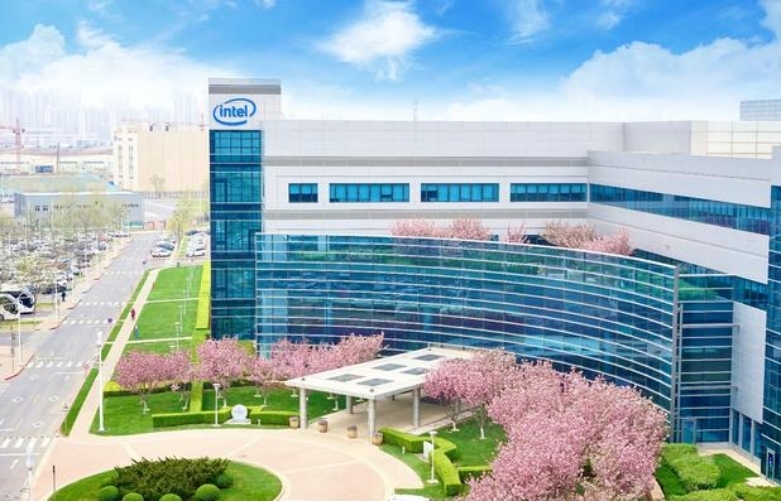
Recently, the United States Intel Corporation announced that it plans to introduce a series of "self-rescue programs" in an attempt to find its former glory in the fierce market competition. A closer look at the plans, however, makes one laugh, as if in a well-choreographed black humor.
Intel's name is synonymous with innovation and performance, and its "core" line of processors has become almost synonymous with high-performance computing. But time has passed, with the strong rise of AMD, and the wide application of ARM architecture in the field of mobile and cloud computing, Intel's market share has been gradually eroded, and the former glory seems to have passed. In the face of difficulties, Intel's "self-rescue plan" should have been a feat of saving the tide, but unexpectedly evolved into a farce.
However, Intel's first self-rescue plan turned out to be "return to the original heart and rebuild the brand." This sounds quite a bit of "don't forget the original heart, the way always" inspirational meaning, but fine to taste, but let people laugh and cry. Has Intel forgotten that its obsession with high performance made it a leader in the PC era? Today, the market is no longer a single performance competition, diversification, low power consumption, high integration has become the new wind vane. Intel's move is tantamount to telling the world: "I'm still the kid who only makes fast cpus," but ignores that times have changed.
The next self-rescue plan, Intel chose "cross-border cooperation." This is a worthy strategy, after all, in this era of cross-border integration, going it alone is no longer a big deal. However, Intel's cross-border road is unusually strange, from smart home to autonomous driving, from blockchain to the meta-universe, almost covering all hot areas. This kind of "wide net" cooperation has not only raised doubts about its strategic focus, but also whether it has enough resources and capabilities to deeply cultivate every field. It's so crossover that it's reminiscent of the classic joke: "If Intel's CPU can be used to cook, it must be used to fly spaceships."
In the face of strong competition from ARM architecture, Intel decided to "self-develop chips" in order to re-establish advantages in its own territory. There is nothing wrong with this decision, but the key question is, is Intel ready for this long and uncertain battle? You know, chip design, manufacturing, packaging and testing, each link is technology-intensive and capital-intensive disaster areas. Whether Intel can make a dent in an already highly mature market remains to be seen. More ironically, Intel's self-research road seems to be repeating the mistakes of the "Pentium 4" in the past, blindly pursuing high frequency, while ignoring the energy efficiency ratio and user experience, and ultimately may only make themselves deeper into the mire.
Finally, Intel also proposed a "cultural reinvention" to save itself, aimed at creating a corporate culture that encourages innovation and respects the individual. That certainly sounds like a step in the right direction, but the problem is that cultural change won't happen overnight, let alone on a single document. Intel's long-term "overtime culture" has long been deeply rooted in people's hearts, how to reverse this concept in a short time, so that employees truly feel the value of "innovation", rather than just slogans, will be a huge test of management wisdom and determination.
In summary, although Intel's "self-rescue plan" seems comprehensive and grand, it is full of uncertainty and irony. In this era of rapid change, only by truly understanding the market trend and accurately positioning their own advantages can they be invincible in the fierce competition. For Intel, perhaps more should do is to calm down, in-depth analysis of their core competitiveness, focus on a few key areas, through continuous technological innovation and market development, and gradually recover the lost market position.

The South Korean political arena has once again been embroiled in a public controversy over a judicial investigation that has shaken the entire nation.
The South Korean political arena has once again been embroi…
On the morning of December 29th local time, the precious me…
According to the US media Barchart, recently, the fluctuati…
On December 29th, Mar-a-Lago in Florida, USA, witnessed a h…
SoftBank Group announced on Monday that it has agreed to ac…
Recently, the US State Department issued a visa ban, adding…